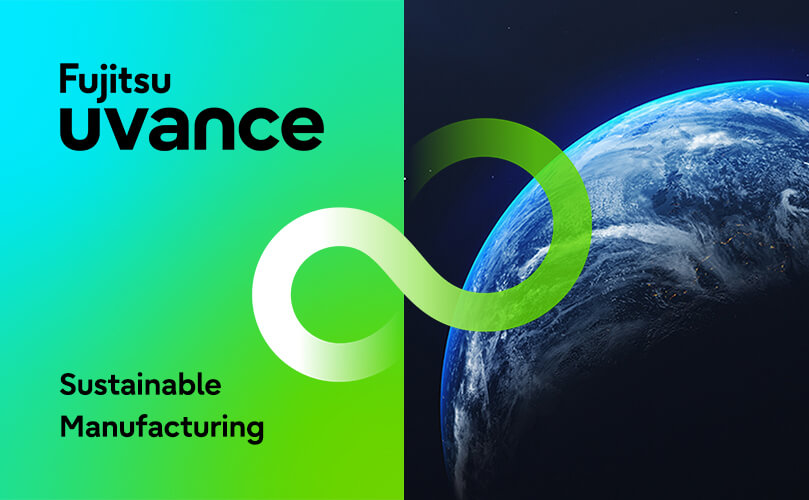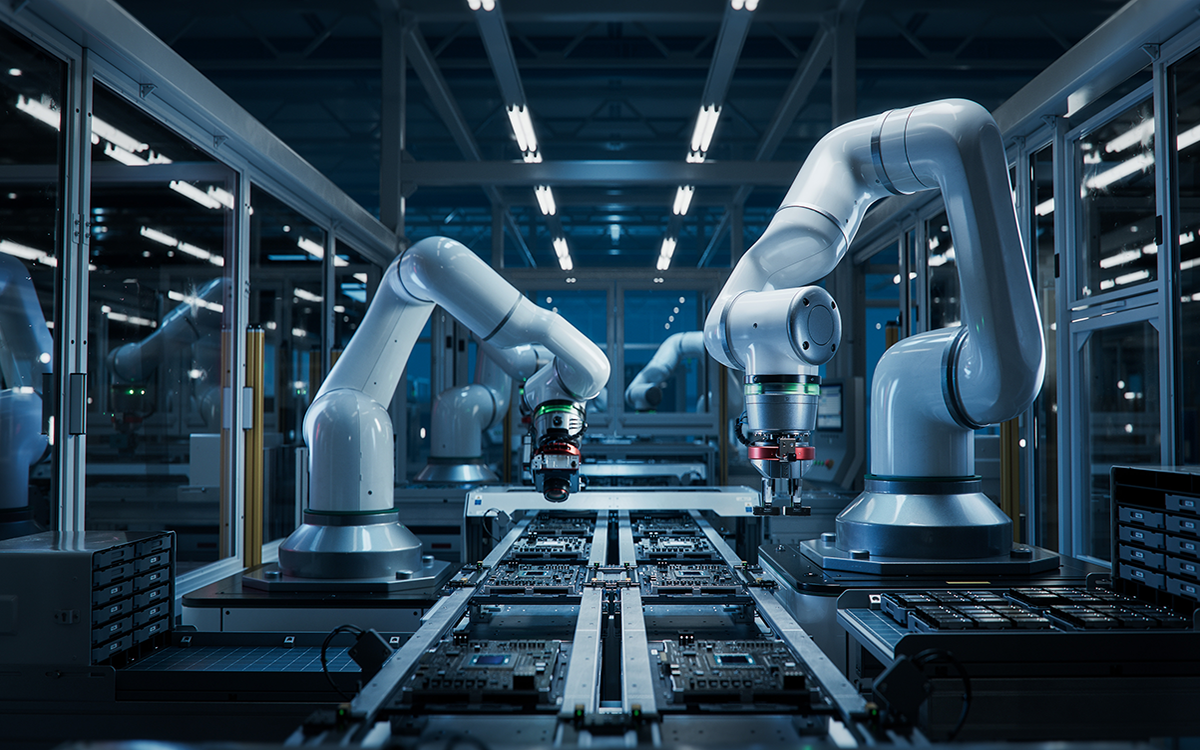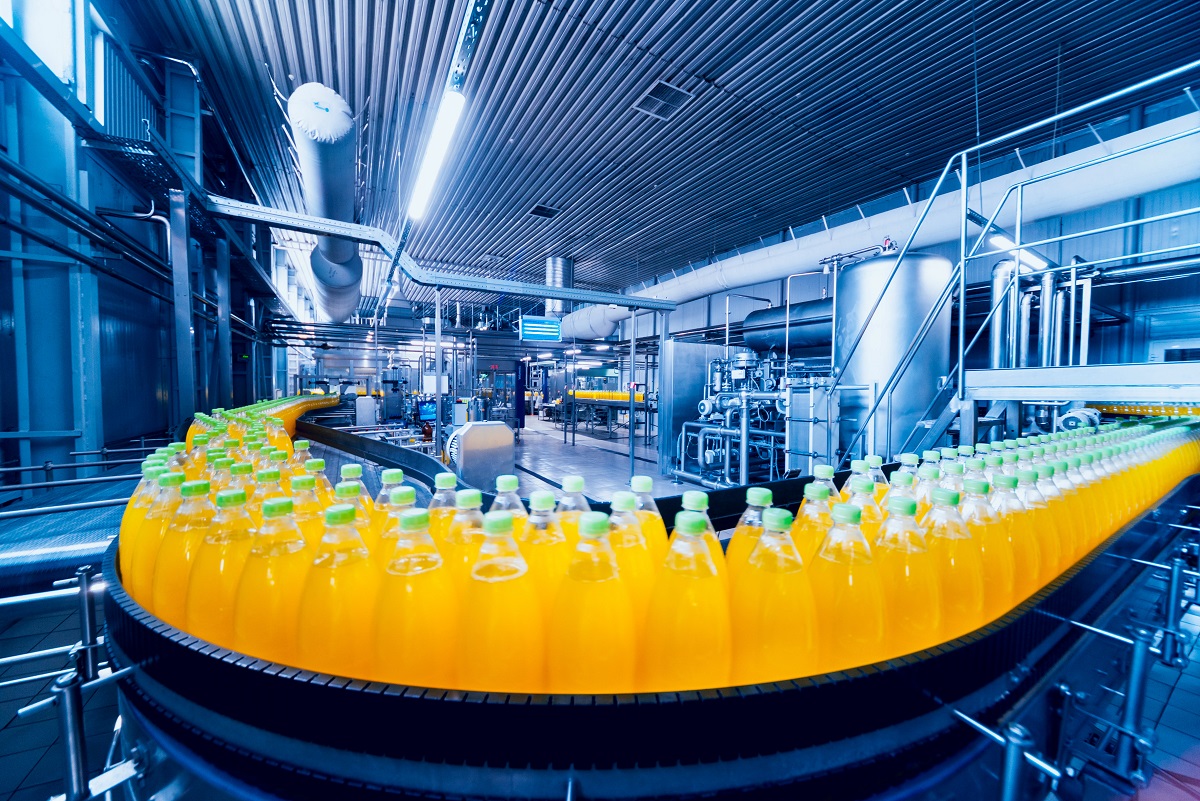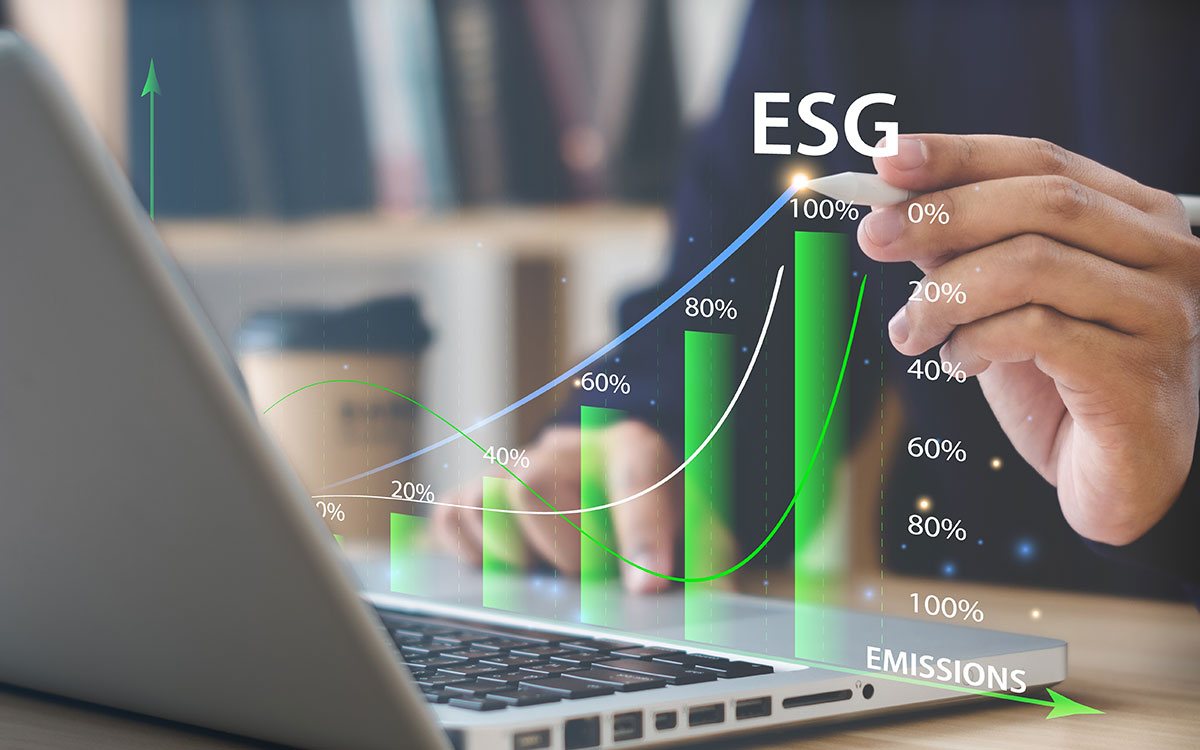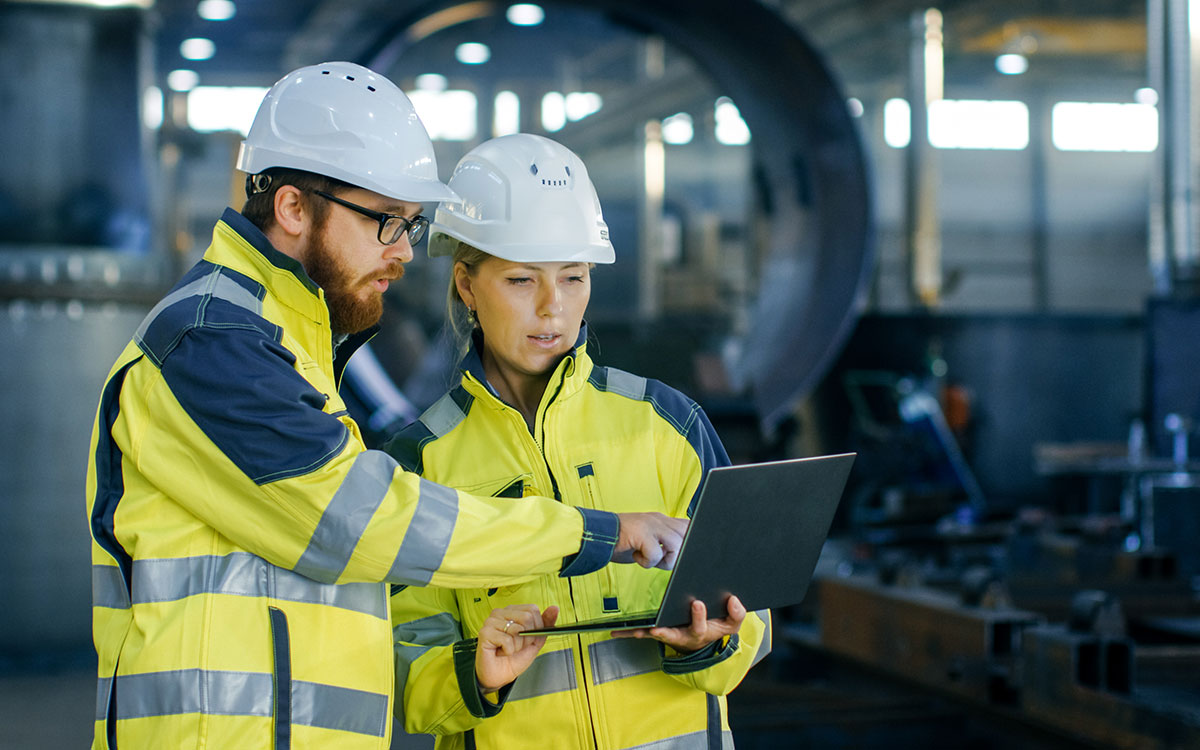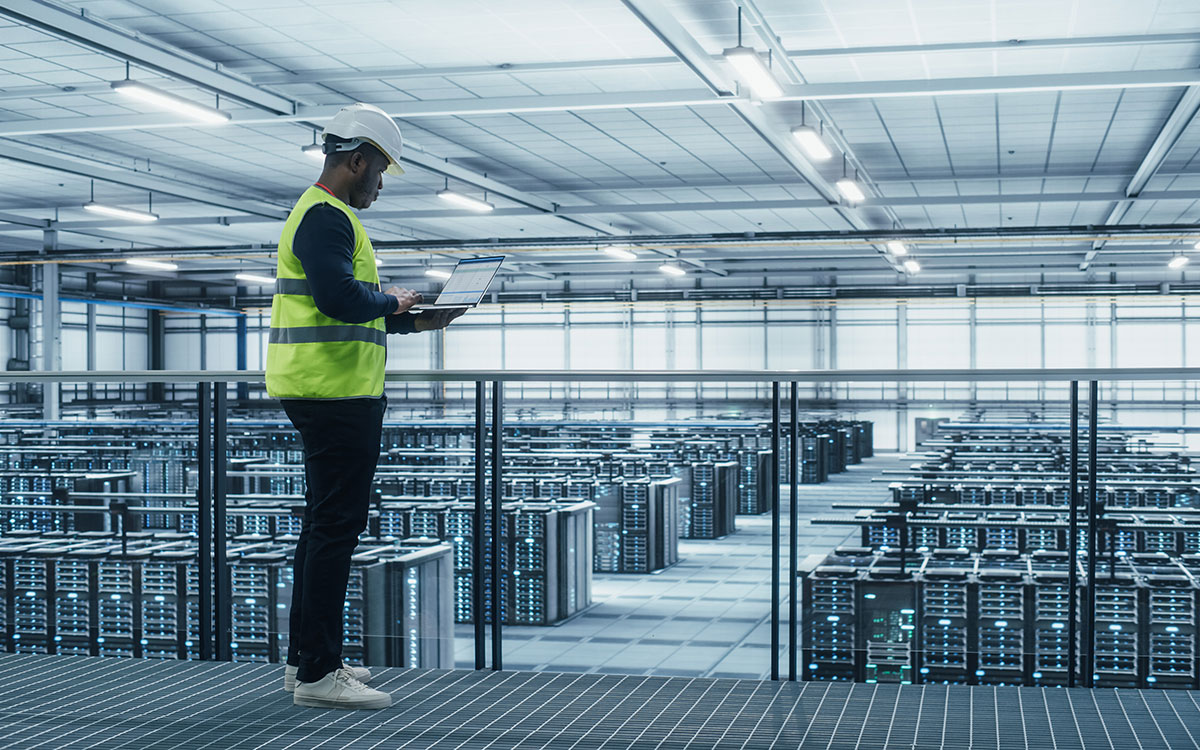Recycling goes visual – Creating new value for a circular economy
Fujitsu / December 12, 2022
‘Sustainability’ has become a ubiquitous term in recent years, and it has also become a critical issue for corporate management. Research has revealed that Sustainability Transformation is necessary for companies to strengthen their earning power by sharpening competitive advantage and innovating their business models… but is it within reach for most organizations?
In July 2022, Teijin Limited, a Japanese chemical manufacturer, partnered with Fujitsu to launch a joint project to create a platform for enhancing the environmental value of recycled materials. Even Teijin, which has a long history of innovation, faced many obstacles and issues on their own, which led them to this collaboration. Fujitsu’s Vice President Hidenori Furuta and Akimoto Uchikawa, President and CEO of Teijin, sat down to talk about their stories about finding their way forward together, towards Sustainability Transformation. (From Fujitsu ActivateNow 2022 opening keynote)
Two big challenges for the future of society
Hidenori: First I’d like to start with the big picture of the future. What kind of society does Teijin envision through Sustainability Transformation? Also, what are your views on current global issues that must be addressed to create such a society?
Akimoto: I think Teijin is unique among chemical companies, as our brand statement is very human-centric. By putting people at the center of our brand statement, we aim to improve the quality of life for everyone.
We feel we have two big challenges to face for the future society - the first one is to create a beautiful global environment and the second one is to ensure healthy living at every stage of life. In order to realize both of these through Sustainability Transformation, we are tackling global issues related to the global environment, declining birth rate, and aging society.
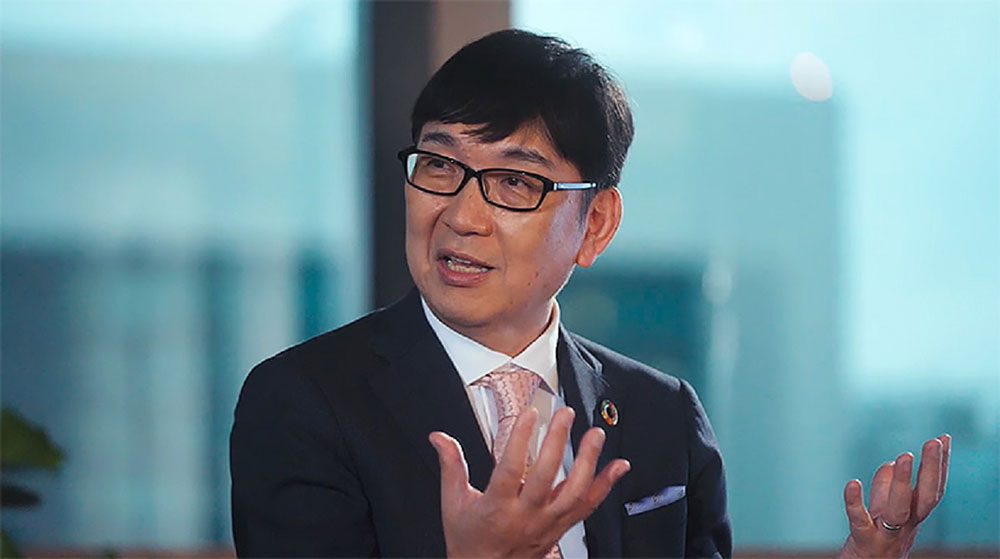
Akimoto Uchikawa, President and CEO, Teijin
Failures that led to co-creation
Hidenori: In realizing such future society, were there any specific issues you had to face for Sustainability Transformation?
Akimoto: Teijin is a pioneer in chemical recycling (*1) and twice, we built large-scale plants in China for this purpose 20 years ago. However, they failed and both were dissolved.
Our main focus of Sustainability Transformation has always been on recycling technology, but after the two failures, we realized that one company alone could not create a circular economy ecosystem (*2).
Our company had always excelled at what we say, “making movable components lighter.” For example, we use recyclable thermoplastic composites for vehicle parts in cars and aircrafts, and we have been contributing to the environment by improving energy efficiency. However, our big challenge was with its traceability; we couldn’t be sure whether we were really reducing CO2 emissions, or whether our materials were being properly recycled after use.
I believe visualization is the key. We must be able to provide the end user, whether manufacturer or consumer, with a visible result of how we are reducing environmental impact.
Before, we weren’t able to respond to people’s questions like, "Are the greenhouse gas emissions really decreasing?" or "Do the types of processes in collecting recycled materials affect results?" and left us weak in showing appeal for our initiatives. We believe that there’s extreme value for our customers to be able to trace and visualize – but on the other hand, creating an ecosystem for collecting waste, recycling to new products, and delivering them to people who support the initiative - cannot be done just by ourselves. This was what we realized.
(*1) Chemical recycling: A recycling method in which waste is converted into other substances through chemical synthesis, and the substances are used as raw materials to create new products.
(*2) Circular economy ecosystem: An economic mechanism that circulates in a sustainable manner. Multiple companies, businesses, products, and services depend on each other, and they coexist and prosper through division of labor and cooperation and constitute a business environment.
Seeing is believing – the power of visualization
Hidenori: I truly agree that being able to trace, and visualizing results for customers and stakeholders are extremely important. Once you're able to trace the environmental impact reduced in the recycling process, how do you think you can visualize this?
Akimoto: For example, when you go to a supermarket and pick up a food package, you see the calories on the labels. Just as simple as that, clothing tags can show data on their recycling lifecycles, and how much CO2 had been reduced. I believe there are many industries that want to visualize this, especially retail in B to C, and I think there are an increasing number of consumers who would select products they see as being environmentally friendly.
Hidenori: Yes indeed, that would be great value to the consumers. What do you think the benefits will be from the company side, such as manufacturers?
Akimoto: Making information visible for the consumers will also leverage their trust. That’ll be an important indicator when selecting suppliers to create ecosystems.
For instance, if cost, performance, and supply are the current criteria for selecting suppliers, the upcoming fourth criteria might be the level of involvement in SX initiatives. I strongly believe that companies with all four will be gaining market value from now on.
Hidenori: As long as each company in the ecosystem has a high level of profitability, a circular economy ecosystem is possible.
Akimoto: Yes. During our two failures I mentioned earlier, neither our company nor our partners were profitable, and weren’t able to deliver any value proposition.
We learned that demonstrating value is crucial, and in our current joint project, I believe that being able to visualize the recycling process with increase environmental value. Without this, we won’t be able to create e circular economy.
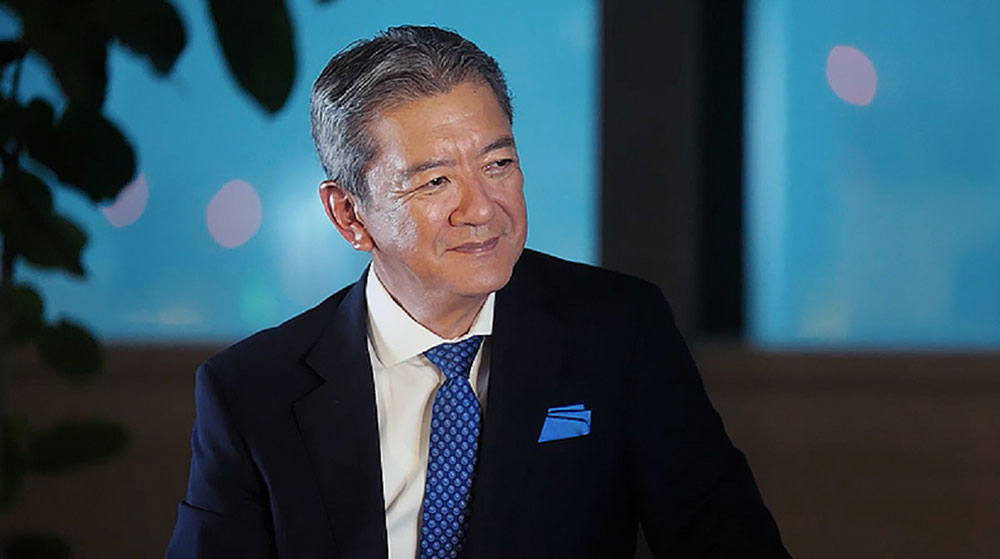
Hidenori Furuta, Vice President and COO, CDPO, Fujitsu
A new platform for a circular economy
Hidenori: As Teijin leaps forward to the future society through Sustainability Transformation, how do feel Fujitsu can take part as a partner?
Akimoto: Actually, our relationship with Fujitsu began around 2015 when we started working on the digitization of our factories, and Fujitsu has regularly helped us with implementing new solutions.
When we were facing our big issue in traceability, as mentioned earlier, Fujitsu introduced us to the possibility of using blockchain technology
to visualize the lifecycle of recyclable materials.
I was hopeful that with Fujitsu’s technology, we could build a platform together which could be the key to unlocking a circular economy. That's how the project started.
We were confident that Fujitsu would be able to support the entire process from gathering used items to recycling by using the blockchain, which can quantify all data. We also learned that Fujitsu had expertise in connecting the different blockchains.
If we can create a solution that integrates the processes of recycling with a digital platform, we expect that it can be used in many industries.
I’m enthusiastic to continue working together with Fujitsu as our Sustainability Transformation partner and extend this initiative globally.
Hidenori: Thank you, I’m extremely enthusiastic as well! I think the hurdle has been lowered for connecting small blockchains, even globally. I think the next step is about how to establish a business model as a local ecosystem. I’m happy to keep on striving forward, together.
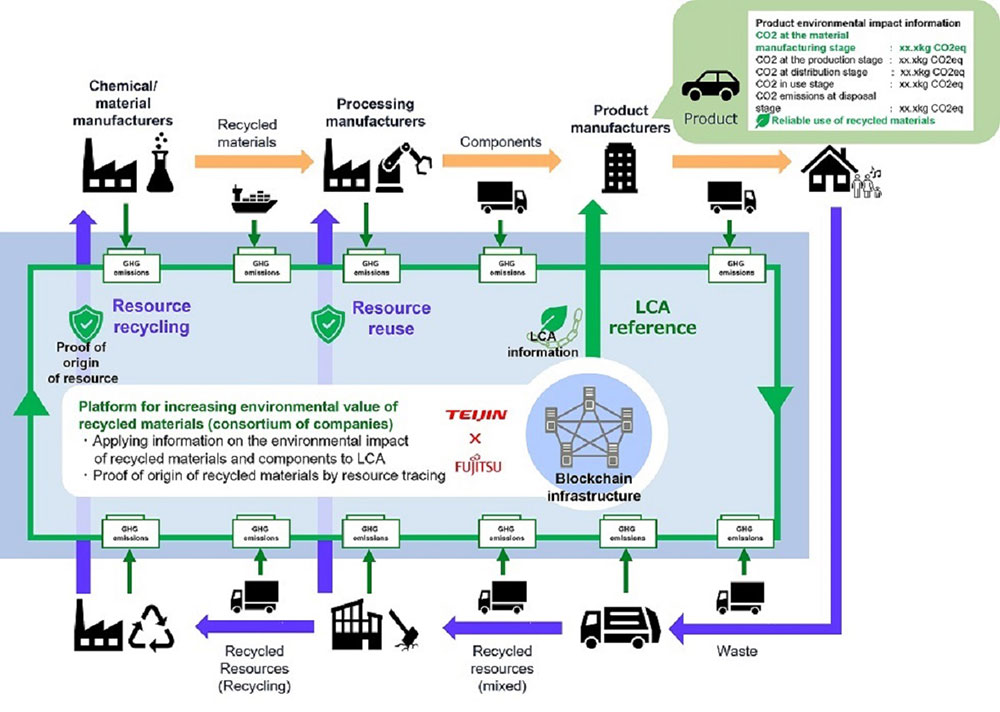
Image of platform for enhancing the environmental value of recycled materials
Embracing change and committing to SX
Hidenori: Finally, what advice would you give to the business leaders driving SX, or even people in the thinking stage?
Akimoto: We have to assume that something unexpected happens every year, including the pandemic and international disputes. However, to drive SX or resolve social issues, I think it is important to not be panic-stricken every time and lose your path. There may be difficulties, but the key is to commit until you start to see something happen.
Also, as much as we envision and try to create an ideal society, I think it is more meaningful to try and make changes in ourselves. I too, am ambitious to change, and it will be wonderful if everyone can make small steps to change towards the future.
Hidenori: Thank you very much! Wrapping up, my conviction is renewed about Sustainability Transformation not being a solo mission for any company. Collaborating and co-creating with partners across industries bring together brand new possibilities.
I’m really looking forward to what our future will bring.
Explore manufacturing insights that benefit people and the planet
Sustainable Manufacturing
Fujitsu introduced a key focus area called ‘Sustainable Manufacturing’ as a part of its business brand, Fujitsu Uvance.
We support sustainable growth and the coexistence of nature and humankind through innovation in manufacturing, industry, and across the supply chain.
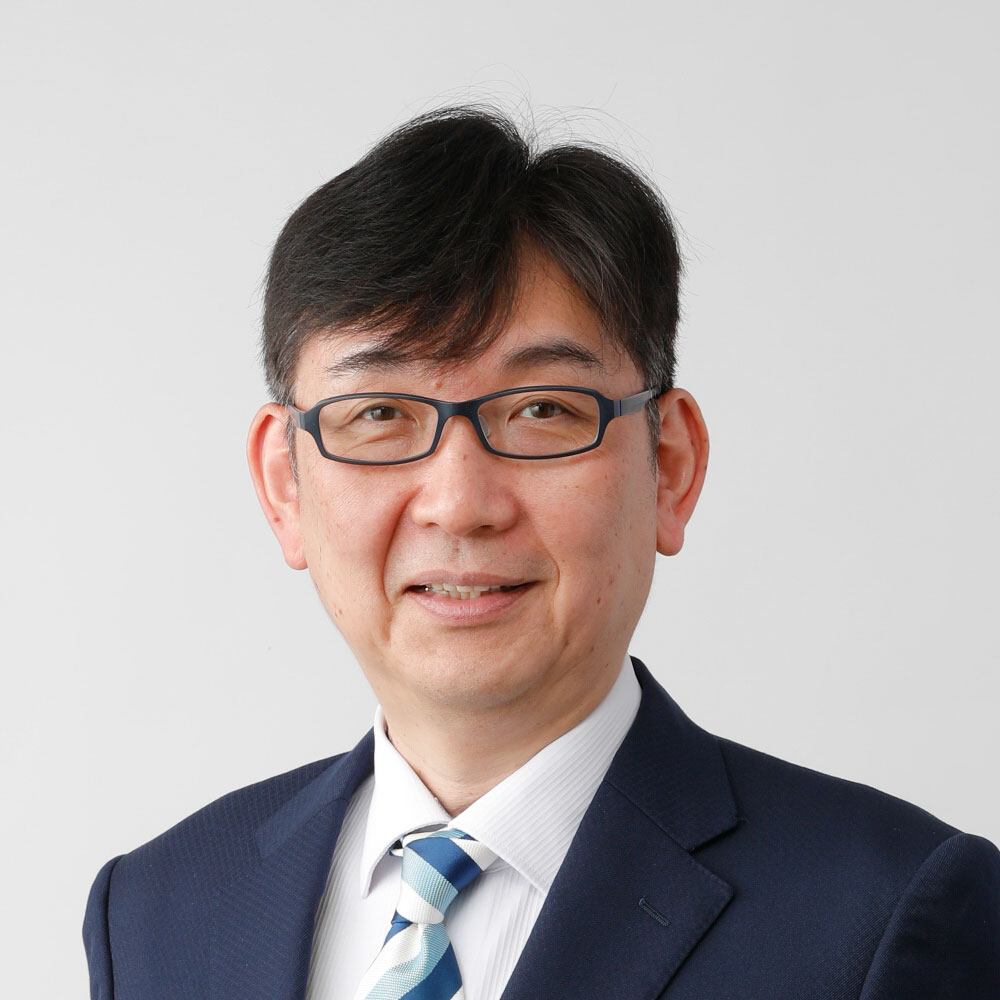
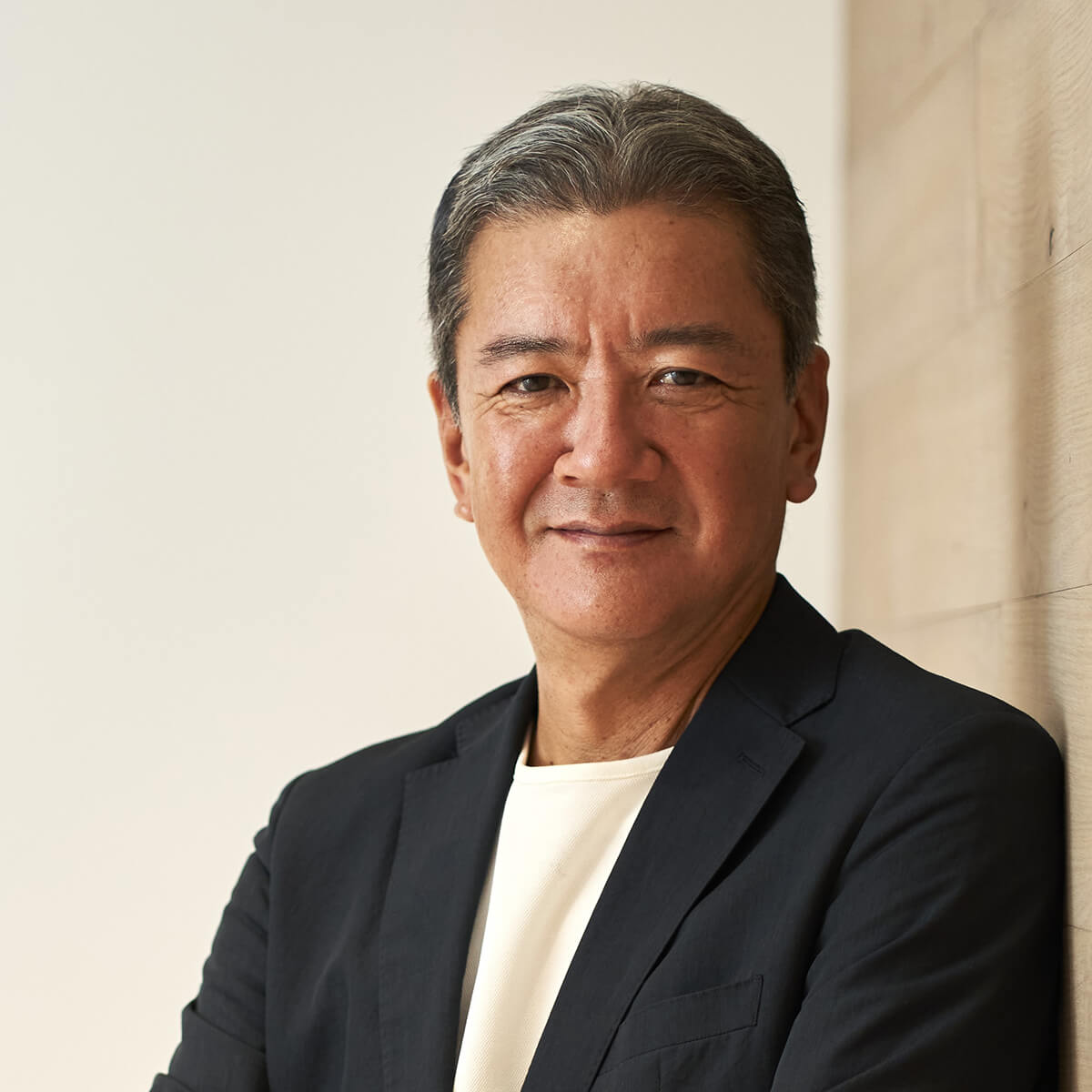
*Profile from FujitsuActivateNow 2022, October
Related information
Editor's Picks




